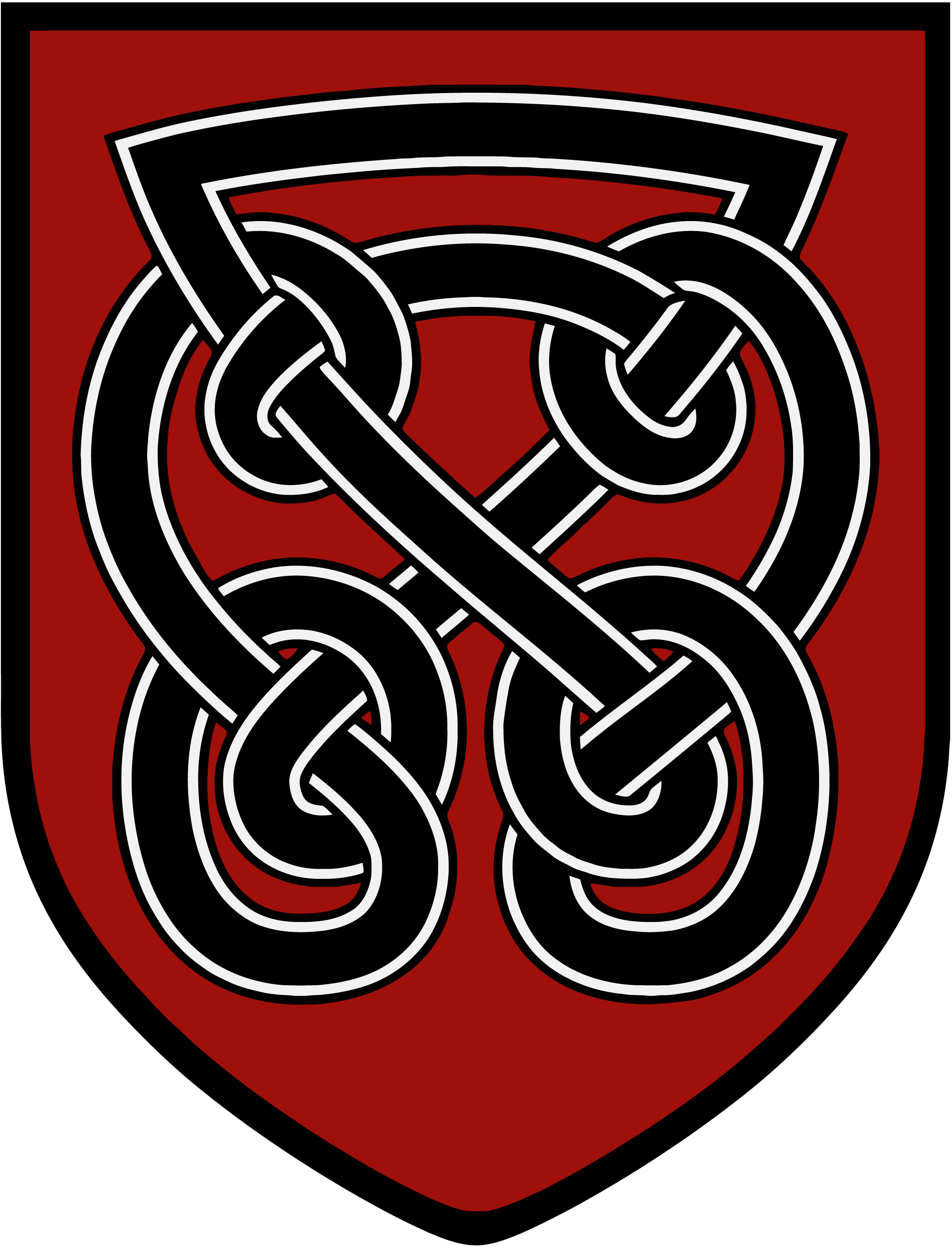| TPS1 | TPS2 | TPS3 | TPS4 | TPS5 | TPS6 | |
| Beliefs and Practices “A good theologian can analyse and synthesise how and why people express beliefs, values, ideas and spirituality through a variety of practices inc. ceremonies, festivals, prayer, worship, and symbols.” ” | Describe basic religious beliefs and/ or practices. | Describe religious beliefs and practices and link the two together. | Explain how some practises demonstrate beliefs. | Explain a range of practices inc. how and why these demonstrate belief. | Analyse a range of practices inc. how and why these demonstrate belief. | Evaluate why people express beliefs, values, ideas and spirituality through a variety of practices. |
| Variation in Interpretation “A good theologian understands that there are a range of different viewpoints across and within religious and non- religious traditions and can suggest reasons for this.” | Describe basic religious beliefs and/ or practices. | Describe different beliefs within the same religion. | Explain different beliefs in the same religion. | Explain different beliefs in the same religion and explain reasons why these differences appear. | Explain similarities and differences within and between religions and offer reasons why these differences appear inc reference to sources of wisdom and authority. | Evaluate what the most important fundamental beliefs within a religious or non- religious tradition based on analysis of sources of wisdom and authority. |
| Personal values and responsibilities “A good theologian can explain and justify their own opinion inc the relationship between beliefs, ethical issues, and the on impact worldviews, with respect and compassion” | State some different beliefs within the same religion i.e. “Some Christians…” | Explain personal viewpoint with recognition that there are other views. | Explain personal viewpoint and other views. | Fully justify personal viewpoint and other views with respect and compassion. | Fully justify personal and a differing viewpoint with respect and compassion to reach a reasoned and balanced conclusion. | Evaluate the relationship between their beliefs and worldviews, with respect and compassion to reach a reasoned and balanced conclusion. |
| Sources of wisdom and authority “A good theologian can explain and analyse evidence to support their knowledge and understanding” | Attempt to use evidence. | Accurate evidence is used. | Specific and relevant evidence is used. | Specific and relevant evidence is fully developed. | Fully developed evidence with some critical analysis. | Fully developed evidence with detailed critical analysis and evaluation. |
